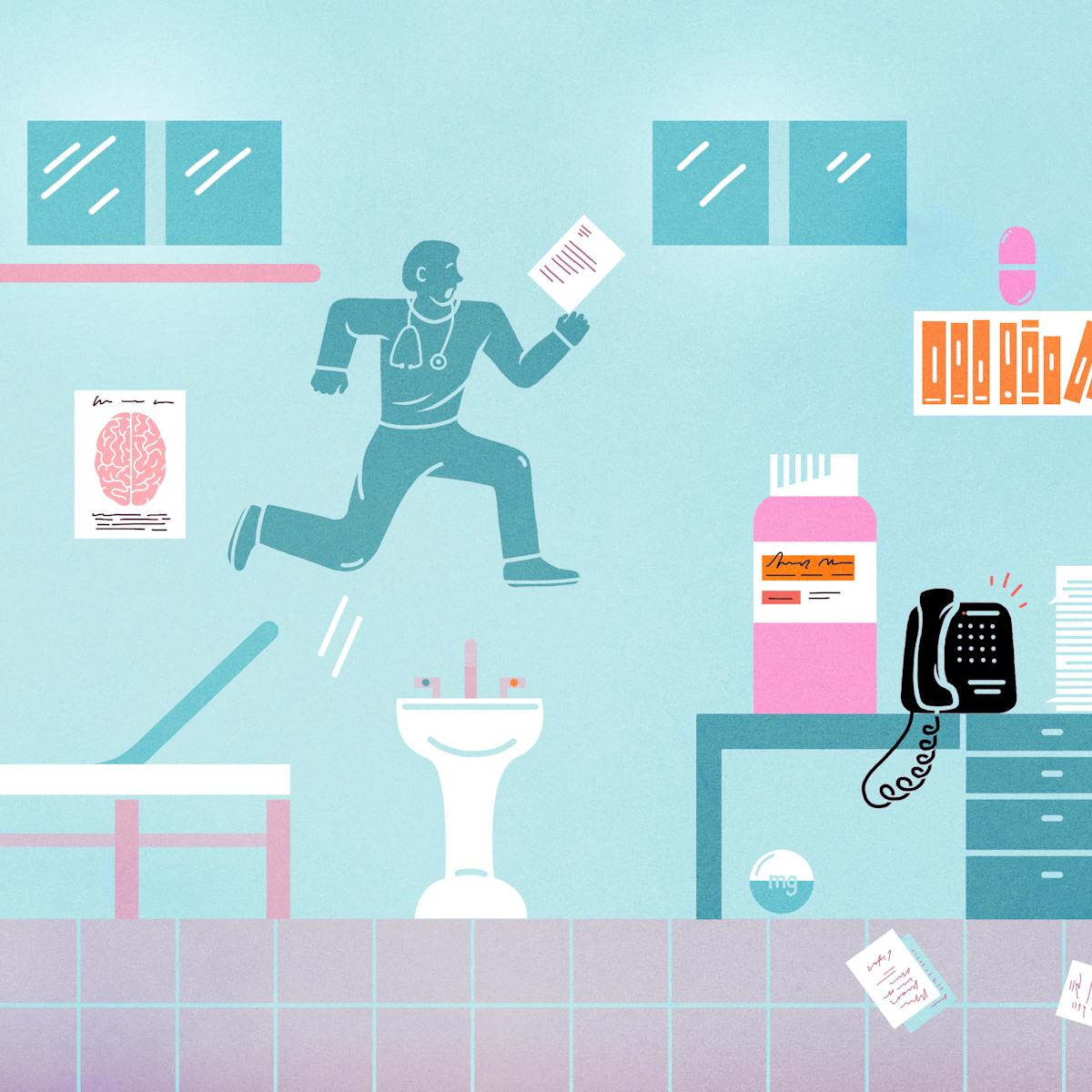A few days ago I made a mistake. Fortunately, there were no serious consequences for any of my patients, but the potential consequences of a momentary failing scare me.

A clinical letter intended for one of my patients came into the hands of a different patient with the same name.
The information was not particularly sensitive, but it still contained personal details and medical information. It could easily have revealed more significant news, which would have caused far more distress, or it could have prompted other clinicians treating the patient to make more serious errors.
The patients were not happy. This was private information that they had entrusted us with. Thankfully, after much heartfelt apology, they seem to be forgiving, but it filled my heart with fear. I’ve had sleepless nights and butterflies in my tummy.
I will have to declare this as a breach in confidential data handling, and the surgery could get a fine for that. It’s possible that after our apology the matter won’t go any further, but my anxiety is not alleviated.
Doctors work in a busy, challenging environment. I see an average of 30 to 40 patients per day, have phone calls to make, reports to write, letters and results to process, prescriptions to issue. It’s usually a 12-hour day, and it’s almost impossible to offer perfect medicine in these circumstances.
A frightening story
As a practising GP, you never know when someone will make a serious complaint against you; you would end up in court, or in front of the General Medical Council. I worry about that, and it hangs over my career.
I know that, statistically, a full-time GP can expect a negligence claim at least twice in their career, and I’m not sure how I would handle it. I care about my patients and I work really hard to provide a good standard of care. But I’m not perfect and never can be. However hard I work, however much studying I do, I will make mistakes. I am human.
Some mistakes are minor, like this one – but some will result in significant harm, or even death. In medicine, mistakes are not tolerated.
The recent case of Dr Hadiza Bawa-Garba, a trainee paediatrician who made mistakes while working in an appallingly under-resourced, busy environment, sent shivers down the spines of many doctors.
She was known as a good doctor. She had one terrible day when she was doing the work of two or even three doctors. She wasn’t up to her usual standard and a very sick boy died. She has since been convicted of gross negligence manslaughter. The courts were not understanding of the difficult circumstances she was working in. They blamed her.
Contemplating breaking point
The thought that an honest mistake could result in death or disability is awful. And for me, it’s even worse when the courts, the General Medical Council, the media and the public are not forgiving.
Our practice will review my mistake at a ‘significant event’ meeting. We’ll learn from it and improve the systems so that the same mistake doesn’t happen again.
One day, though, I’ll probably make a more serious mistake, and perhaps I won’t be forgiven by the patients. I may need my defence union to support me and lawyers to be involved. I’ll be stressed. It could even be the breaking point when I stop practising medicine and look for another job.
At my children’s school they talk about ‘marvellous mistakes’, as every error is a learning point. Not the end of your career.
About the contributors
The Secret GP
Our anonymous doctor shares what it’s really like behind the scenes in the surgery.
